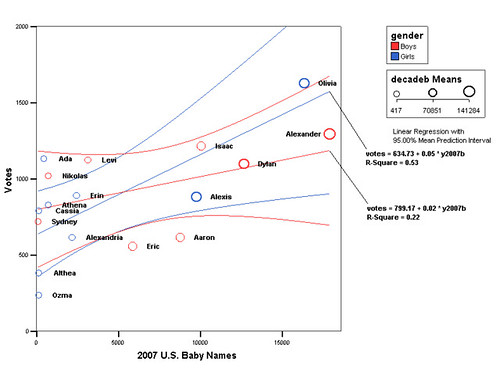I happened to notice Brian’s tweet that he is officially the sole authority on burritos in Twitter, at least according to Wefollow, a Twitter user directory.
Twitter is the only major service I can think of where sites have popped up to provide a function so basic as user directories. This is due in part to their great API, but also because they don’t provide any real functionality on their site. You can search for users individually and import your contacts, but the suggested user page seems uselessly weighted toward the most popular people on the entire site.
Who should I follow if I’m interested in usability or cartography or legume horticulture? I took a look at a few directories, which follow slightly different models:
justtweetit.com
– Has a list of predefined categories
– Each user can only be in one category
– Users are self submitted
wefollow.com
– Users can be tagged by any word or phrase, though the most popular show up as main categories on the home page
– Each user can use up to three tags
– Users are self submitted
twellow.com
– Has predefined categories, a large list that looks similar to Open Directory.
– Each user can be in up to 10 categories
– Seems to pick up users automatically, but users can add themselves to additional categories
My guess is the more specific the categories, the more useful the organization system will be. Wefollow gets points here for allowing open tagging but the front page, with such broad categories, isn’t as useful as the search or drill down pages. Twellow actually works pretty well, since the built-in category list is so extensive.
All three seem like they might be a bit open to abuse, since users can add themselves to the directory – with Twellow and Wefollow, at least they have to be logged in to their account to do so. But if I were a spammer and had found some way to use Twitter for spam, I could quickly add my spam accounts to these sites as well.
It would be really interesting to see a measure of quality other than just the number of followers. For example, if I say I’m in the haberdashery business, the system could check to see how often haberdashery shows up in my tweets – that could be a quality score for the classification, used in concert with number of followers, which is a proxy measure for the quality of my account.
Has anyone else used these directories, or others? Would you follow someone just because they’re the most popular person listed in your area of interest? Let me know in the comments below.
